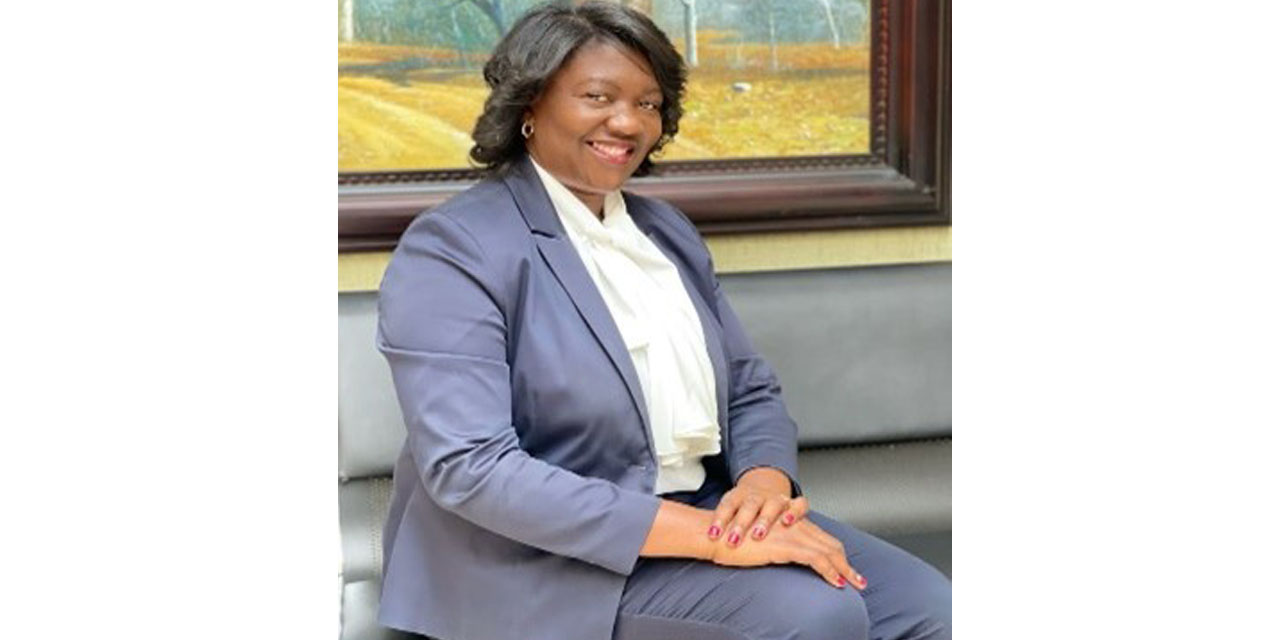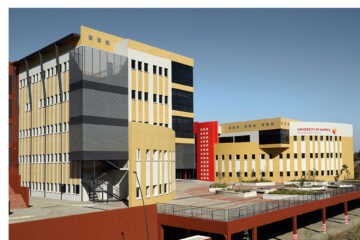Niël Terblanché
In an exciting development for Namibia’s agricultural sector, the Ministry of Agriculture, Water and Land Reform (MAWLR), in collaboration with the World Food Programme (WFP) and other partners, launched the Bernafay Farm Integrated Food System Project.
The initiative was inaugurated on 30 April by Ndiyakupi Nghituwamata, the executive director of MAWLR, at the Bernafay Resettlement Farm just outside Stampriet in the Hardap Region.
The project, which represents a significant investment of nearly N$1.4 million, aims to revitalize local agriculture through the development of an orchard with over 200 fruit trees, alongside expansions into horticulture and lucerne production.
“This initiative is part of a broader effort to enhance food security and agricultural sustainability in the region,” Nghituwamata
Nghituwamata praised the support of the WFP and its partners, including the Namibia Diamond Trading Company (NDTC), DeBeers Group Namibia, and Namibia Desert Diamonds (NAMDIA).
She reiterated the critical role of such collaborations in uplifting agricultural activities nationwide.
“This project is a testament to what we can achieve when public and private sectors unite for a common purpose,” she said.
Ericah Shafudah, WFP Namibia deputy country director, gave the assurance of the WFP’s commitment to supporting the Bernafay community in its journey towards self-sufficiency.
“Our vision is for Farm Bernafay to be a productive, sustainable, and independent project within five years,” Shafudah stated.
She stressed that the initiative would involve a phased approach, starting with fruit and horticulture production, followed by poultry and fodder production.
The project not only aims to increase food production and reduce post-harvest losses but also focuses on involving women and youth in agriculture, promoting the consumption of healthy diets, and practising climate-smart agriculture techniques.
“We are currently in the final stages of finalizing our Country Strategic Plan 2025-2029, which will focus on Sustainable Food Systems, Accelerated Human Capital Development, and Service Provision,” Shafudah added.
Significant contributions have been made by various partners, with DeBeers Group donating N$300,000 for irrigation systems and water tanks, while the NAMDIA Foundation provided N$150,000 for community training on value addition and equipment provision.
The WFP contributed N$200,000 towards conducting baseline studies, purchasing agricultural inputs, and establishing the orchard.
Shafudah said the transformative project is set to empower 14 families, comprising approximately 108 individuals from previously disadvantaged communities who benefited from MAWLR’s resettlement program in 2002.
Jassop Johannes, the chairperson of the Bernafay Farm Integrated Food System Project, committed to overseeing the project’s implementation to ensure its success and maximum benefit for the community.
Johannes said Namibia celebrated achieving 45% food self-sufficiency through local production for the first time in 15 years and added that the Bernafay Farm Integrated Food System Project will stand as an example of innovation and collaboration aimed at further enhancing the nation’s agricultural productivity and sustainability.




